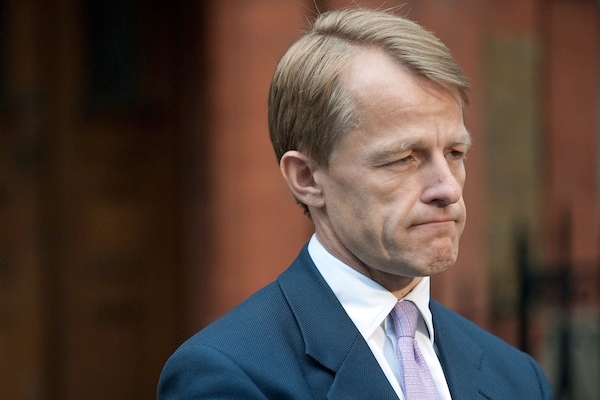Ask any Liberal Democrat what their party has achieved in government, and the answer will involve the words ‘pupil premium’. It was a key manifesto pledge in 2010, and is one of the policies that the party is proudest of from its time in government so far. It’ll be sure to come up time and time again in speeches in Brighton, too.
Which is why it’s rather awkward that with two days to go to the Liberal Democrat autumn conference, Ofsted has revealed ‘disturbing findings’ about the way schools are actually administering the premium. Chief Sir Michael Wilshaw said the extra £600 per pupil from a disadvantaged background was largely plugging gaps in school budgets rather than helping those pupils who brought the money in.
New Schools Minister David Laws told the Today programme that this was ‘not good enough’, and the way the premium is being distributed has concerned other Liberal Democrat MPs, too. A policy motion tabled by Dan Rogerson, who leads the party’s backbench group on education, will call on the government to chart how well the premium is ‘narrowing the achievement gap between well-off and poor pupils’, and measures dealing with schools receiving large amounts of pupil premium funding but which do not show an improvement in outcomes for the disadvantaged pupils – the schools who Sir Michael suggested might be ‘tarmacking playgrounds’ with the funding instead.
The premium was introduced to help those children from poor backgrounds catch up with their more privileged classmates. But as Fraser alluded to this morning, it could have a far greater transformative effect were profit-making schools part of our education system. An extra payment of £600 per pupil would mean poor pupils were profitable to teach, which would make it attractive for profit-making schools to set up in deprived areas, and then to expand in those areas too.
What’s interesting about David Laws’ appointment to the Education department is that he doesn’t have the instinctive opposition to the profit motive that many in his party do. At the start of this year, he said ‘we would be unwise to rule out the possibility of [profit-making] ever happening’. Laws would face a fight with his own party, and indeed his own party leadership if he went too far down this road, though. Nick Clegg told a grassroots conference this summer that on for-profit schools, he’d told Michael Gove ‘absolutely no, that’s not going to happen’.







Comments